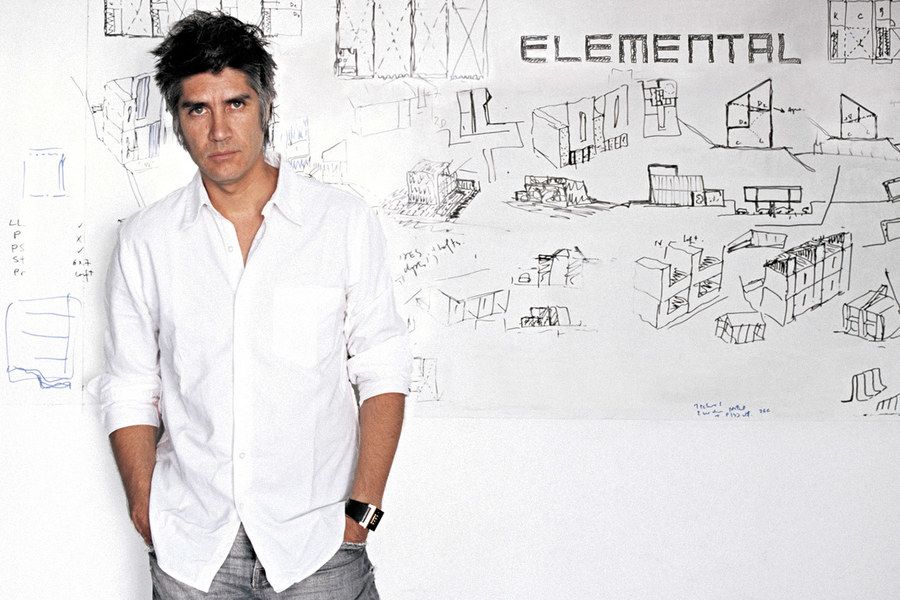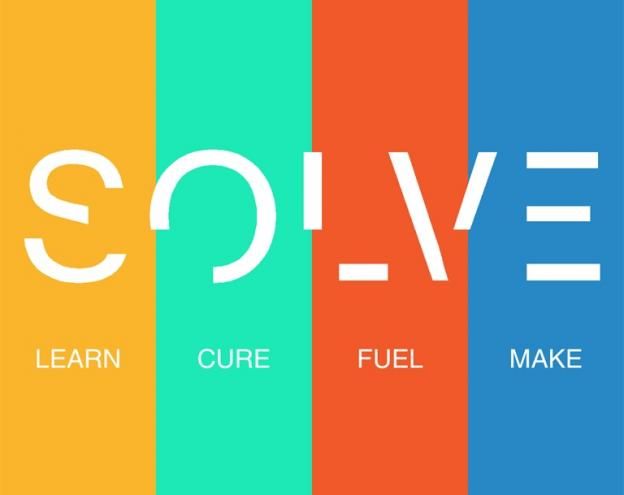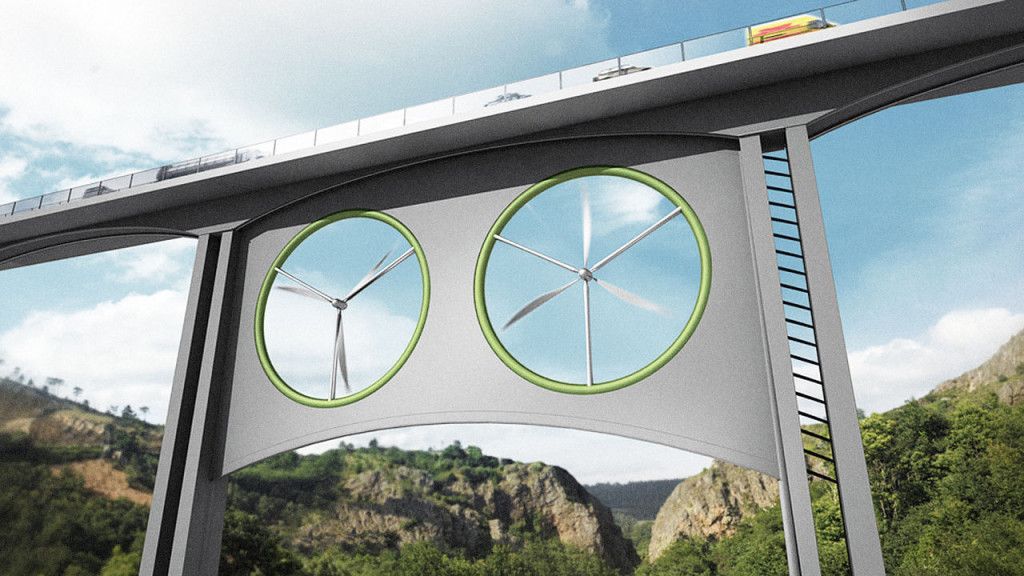We’re at a fascinating point in the discourse around artificial intelligence (AI) and all things “smart”. At one level, we may be reaching “peak hype”, with breathless claims and counter claims about potential society impacts of disruptive technologies. Everywhere we look, there’s earnest discussion of AI and its exponentially advancing sisters – blockchain, sensors, the Internet of Things (IoT), big data, cloud computing, 3D / 4D printing, and hyperconnectivity. At another level, for many, it is worrying to hear politicians and business leaders talking with confidence about the transformative potential and societal benefits of these technologies in application ranging from smart homes and cities to intelligent energy and transport infrastructures.
Why the concern? Well, these same leaders seem helpless to deal with any kind of adverse weather incident, ground 70,000 passengers worldwide with no communication because someone flicked the wrong switch, and rush between Brexit crisis meetings while pretending they have a coherent strategy. Hence, there’s growing concern that we’ll see genuine stupidity in the choices made about how we deploy ever more powerful smart technologies across our infrastructure for society’s benefit. So, what intelligent choices could ensure that intelligent tools genuinely serve humanity’s best future interests.
Firstly, we are becoming a society of connected things with appalling connectivity. Literally every street lamp, road sign, car component, object we own, and item of clothing we wear could be carrying a sensor in the next five to ten years. With a trillion plus connected objects throwing off a continuous stream of information – we are talking about a shift from big to humungous data. The challenge is how we’ll transport that information? For Britain to realise its smart nation goals and attract the industries of tomorrow in the post-Brexit world, it seems imperative that we have broadband speeds that puts us amongst the five fastest nations on the planet. This doesn’t appear to be part of the current plan.
The second issue is governance of smart infrastructure. If we want to be driverless pioneers, then we need to lead on thinking around the ethical frameworks that govern autonomous vehicle decision making. This means defining clear rules around liability and choice making on who to hit in accident. Facial recognition technology allows identification of most potential victims and vehicles could calculate instantly our current and potential societal contribution. The information is available, what will we choose to do with it? Similarly, when smart traffic infrastructures know who is driving, and drones can allow individualised navigation, how will we use their information in traffic management choices? In a traffic jam, who will be allowed onto the hard shoulder? Will we prioritise doctors on emergency calls, executives of major employers, or school teachers educating our young?
At the physical level, globally we see experiments with innovations such as solar roadways, and self-monitoring, self-repairing surfaces. We can of course wait until these technologies are proven, commercialised, and expensive. Or, we can recognise the market opportunity of piloting such innovations, accelerate the development of the ventures that are commercialising them, deliver genuinely smarter infrastructure in advance, of many competitor nations, and create leadership opportunities in these new global markets.
The final issue I’d like to highlight is that of speed. Global construction firms are delivering 57 storey buildings in 19 days and completing roadways in China and Dubai at three to four times the speed of the UK. The capabilities exist, the potential for exponential cost and time savings are evident. We can continue to find genuinely stupid reasons not to innovate or give ourselves permission to experiment with these new techniques. Again, the results would be enhanced infrastructure provision to UK society whilst at the same creating globally exportable capabilities.
As we look to the future, it will become increasingly apparent that the payoff from smart infrastructure will be even more dependent on the intelligence of our decision making than on the applications and technologies we deploy.
ABOUT THE AUTHOR
Rohit Talwar is a global futurist, award-winning keynote speaker, author, and the CEO of Fast Future. His prime focus is on helping clients understand and shape the emerging future by putting people at the center of the agenda. Rohit is the co-author of Designing Your Future, lead editor and a contributing author for The Future of Business, and editor of Technology vs. Humanity. He is a co-editor and contributor for the recently published Beyond Genuine Stupidity – Ensuring AI Serves Humanity and The Future Reinvented – Reimagining Life, Society, and Business, and two forthcoming books — Unleashing Human Potential – The Future of AI in Business, and 50:50 – Scenarios for the Next 50 Years.
Image credit: https://pixabay.com/images/id-2564057/ by Stock Snap




